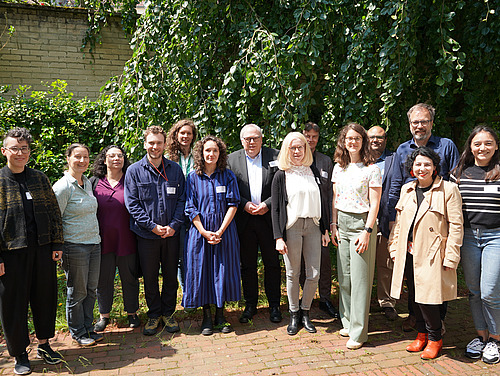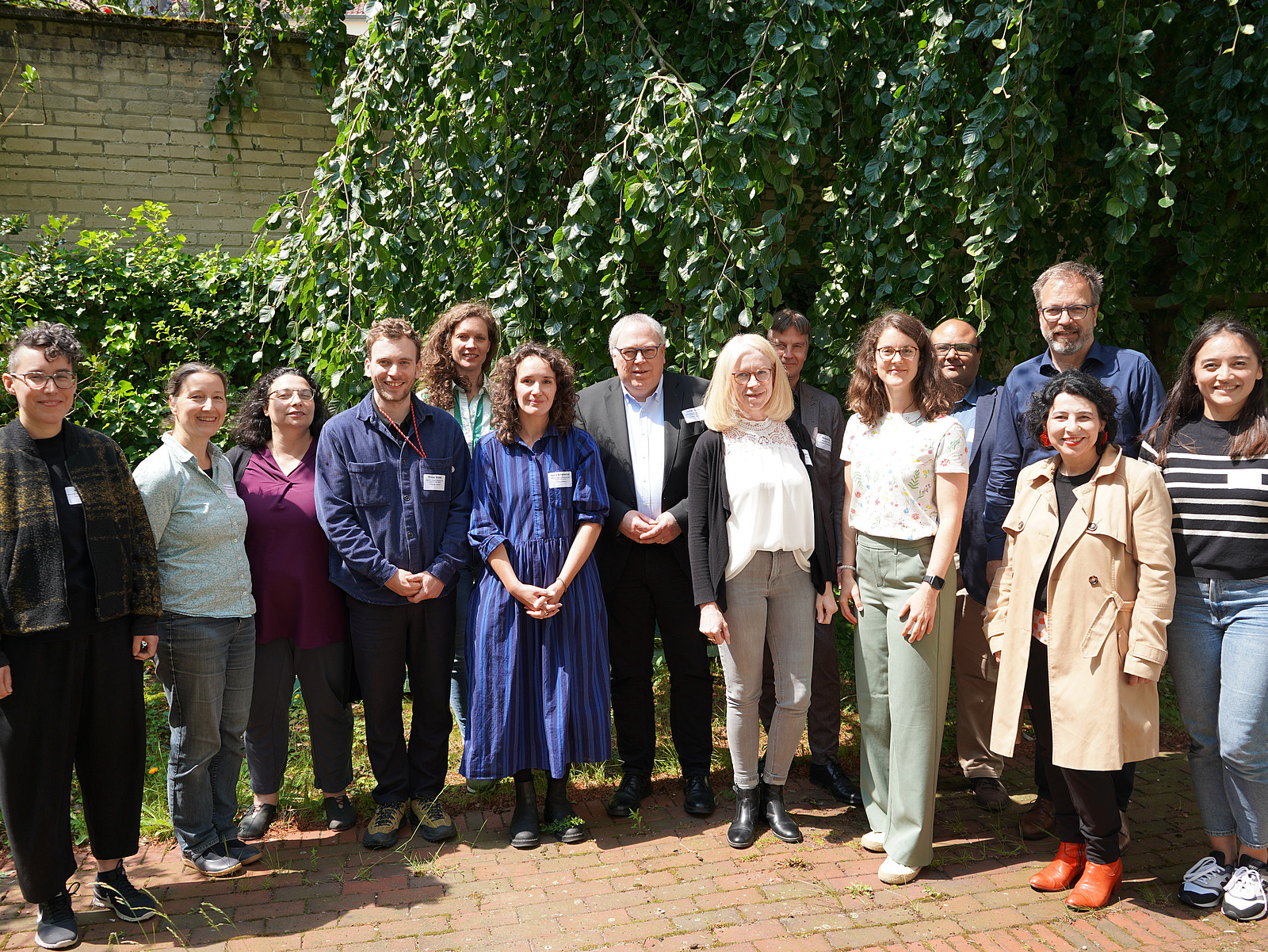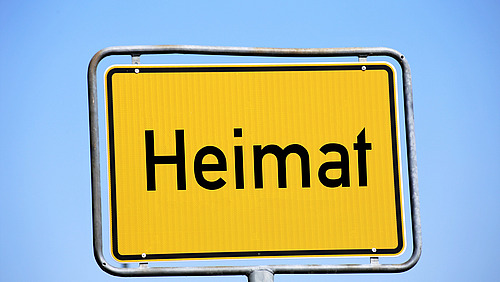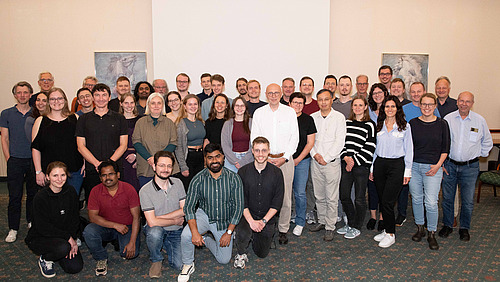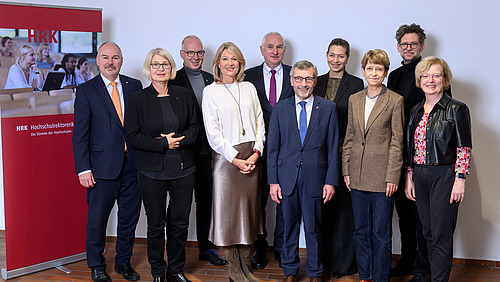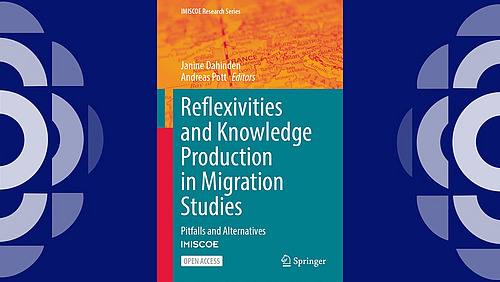It is coordinated by the Institute for Migration Research and Intercultural Studies (IMIS). It deals with migration-related ideas about the future.
How are such ideas discussed in social debates, in various areas of practice and in migration research and how are migration futures thus actively produced? And how can migration futures be practically addressed and reflected upon in politics, education, culture and science?
In order to find answers to these questions, FuturMig brings together the expertise of outstanding research institutions in Lower Saxony in the field of migration in a network. In addition to the coordinating IMIS, the Centre for Global Migration Studies (CeMig) at Georg August University Göttingen, the Center for Educational Integration (ZIB) at the University of Hildesheim, the Leibniz Institute for Educational Media/Georg Eckert Institute (GEI) in Braunschweig and the Friedland Museum are part of the research area.
Over the next five years, the more than 25 researchers and practitioners involved will investigate the relevance and the conditional contexts of migration-related visions of the future for the production of social visions of the future: "When we talk about the future of our society, we cannot ignore the role of migration. Our research shows how the way we perceive migration and imagine its future has a profound impact on our social coexistence," says Prof. Dr. Helen Schwenken, Director of IMIS and project leader of FuturMig.
By examining current and past future perspectives and expectations, FuturMig works out what role migration plays for society's self-image and how it is shaped. The main focus is on educational contexts - from pre-school institutions, schools and universities to civil society initiatives, museums and memorials. The aim of the cross-location work is to make reflection on the social negotiation of migration access fruitful from university teaching to teacher training and teacher training to places of learning for political and cultural education in Lower Saxony. Part of this work includes the development of a certificate program for various educational stakeholders, which is to be introduced throughout Lower Saxony.
Through the "Science Spaces" funding program, the state of Lower Saxony and the Volkswagen Foundation are strengthening cooperation between universities in Lower Saxony and non-university research institutions. The aim of the "Science Spaces" is to develop innovative answers to social challenges through the exchange of different perspectives and expertise. FuturMig has almost €3 million at its disposal for this purpose until the end of 2029.
Further information for editorial offices:
Prof. Dr. Helen Schwenken, Dr. Philipp Schäfer, Osnabrück University
helen.schwenken@uni-osnabrück.de
philipp.schaefer@uni-osnabrueck.de
